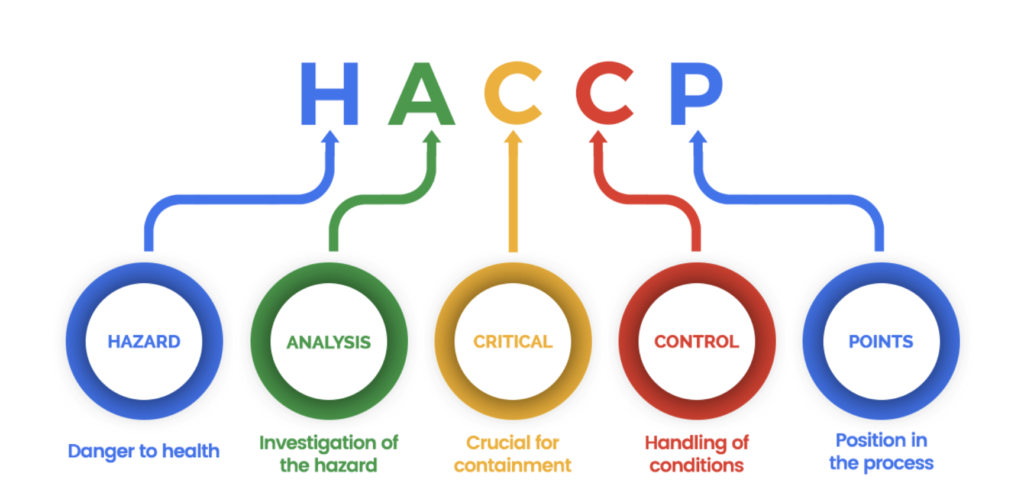
A Comprehensive Guide for Indian Producers
The Indian food industry, particularly in the millet value-added products sector, remains largely unorganized, with more than 60% of businesses operating from home or relying on third-party manufacturing through white labeling. Unfortunately, quality becomes a significant concern in such settings. To address this, understanding Millet Value-Added Products Quality Standards and Distribution Channels for Millet Products is crucial. Most businesses consider taste the only benchmark for quality, often overlooking critical factors like shelf life, packaging standards, and compliance with these quality standards, all of which play a vital role in enhancing product durability and overall value. Effective distribution channels ensure that quality millet products reach the right markets, meeting both domestic and international market requirements, thereby boosting consumer trust and business growth.
Moreover, many small and medium-scale producers, motivated by the allure of the export market, aim to earn in foreign currencies without understanding the stringent quality expectations of global markets. More than 50% of millet-based ventures rely heavily on government grants and subsidies rather than focusing on improving their business fundamentals through training or cohort-based learning programs. As a result, they struggle to sustain their position in the highly competitive FMCG (Fast Moving Consumer Goods) market and fail to meet the export criteria required for international trade.
In this blog, we will delve into the quality standards and certification requirements necessary for businesses that aim to tap into the international markets. We’ll also explore the essential certifications for different geographies and the agencies that support these businesses in achieving global standards.
Why International Quality Standards Are Crucial for Millet Products
The international market is not just a revenue generator; it is a critical quality benchmark for any food industry. Developed markets such as the USA, European Union (EU), and Gulf Cooperation Council (GCC) countries emphasize high-quality standards and expect 100% traceability throughout the entire supply chain. This includes everything from farming practices to processing, packaging, and distribution. Without compliance, Indian millet products are unlikely to succeed internationally.

Key Aspects of International Standards:
- Food Safety: Proper hygiene, handling, and processing practices are essential to ensure that products are safe for consumption.
- Traceability: End-to-end traceability of the production process ensures that raw materials can be tracked back to their origins, ensuring accountability.
- Sustainability: International markets are increasingly conscious of environmentally friendly and sustainable practices, making it essential to demonstrate eco-conscious operations.
- Packaging Standards: Packaging plays a vital role in ensuring the shelf life and safety of the product, which varies depending on the country and the nature of the product.
- Shelf Life and Testing: Proper testing and certification ensure that products meet the shelf life and safety criteria required for international markets.
Certification Requirements for Different Geographies
1. United States (US)
- Food and Drug Administration (FDA): Millet-based food products must comply with the FDA’s regulations, which include Good Manufacturing Practices (GMPs) and preventive controls to ensure food safety. The FDA’s Food Safety Modernization Act (FSMA) is particularly important.
- USDA Organic Certification: If producers want to sell organic millet products, they need to obtain USDA Organic certification. This label guarantees that the products meet the National Organic Program (NOP) standards.
- Non-GMO Project Verified: Many US consumers prefer non-GMO products. Certification from the Non-GMO Project helps build trust among health-conscious consumers.

Image credits: Food Safety Magazine
2. European Union (EU)
- EU Organic Certification: The EU has stringent requirements for organic products, and the certification process ensures that all ingredients and production methods meet their standards.
- European Food Safety Authority (EFSA): The EFSA sets the rules for food safety in the EU, including compliance with HACCP (Hazard Analysis and Critical Control Point) guidelines.
- BRC Global Standards (British Retail Consortium): This is one of the leading safety and quality certification programs, required by many retailers in Europe. Compliance ensures that products meet high-quality standards.

Image credits: ISO Global
3. Gulf Cooperation Council (GCC)
- GSO Standards: The GCC countries, including UAE, Saudi Arabia, and Oman, have specific food safety standards governed by the GCC Standardization Organization (GSO). These standards include strict labeling and halal certification for all food products.
- Halal Certification: Given the prominence of Islamic dietary laws, halal certification is mandatory for millet products sold in the GCC. Producers must ensure that their products meet the halal standards, covering everything from raw material sourcing to processing and packaging.
4. Japan
- Japanese Agricultural Standard (JAS): For organic products, certification is crucial under the JAS. The country is also known for its exacting standards concerning food safety, packaging, and labeling.
- FSSC 22000: Japan prefers products that adhere to the Food Safety System Certification (FSSC) 22000, which ensures stringent food safety management systems across the supply chain.
5. Australia and New Zealand
- Food Standards Australia New Zealand (FSANZ): Millet products entering these markets must comply with FSANZ regulations, which set food safety and quality standards.
- Australian Certified Organic (ACO): Like other markets, organic products require certification, and ACO is the leading certifying body for organic food products in Australia.
Agencies that Support Export-Oriented Food Businesses
1. Export Inspection Council of India (EIC):
The EIC provides mandatory certification for food items exported from India. This ensures that the product meets the sanitary and phytosanitary (SPS) requirements of the importing country.
2. FSSAI (Food Safety and Standards Authority of India):
Before exporting any food product, certification from FSSAI is mandatory. They ensure that the products comply with the Food Safety and Standards Act, which is aligned with global best practices.
3. APEDA (Agricultural and Processed Food Products Export Development Authority):
APEDA is an organization under the Ministry of Commerce, which facilitates the export of agricultural products by providing export-related financial assistance, market information, and training.
4. Quality Council of India (QCI):
QCI offers certifications for organic and non-GMO food products and works with international bodies to align Indian products with global quality standards.
Suggestions to Prepare Indian Millet Producers for International Markets
1. Focus on Traceability:
Implementing digital tools like blockchain to ensure transparency and traceability throughout the production process will make millet products more appealing to international buyers.

2. Invest in Certifications:
Obtaining international certifications such as BRC, USDA Organic, or HACCP is essential for businesses that want to export to developed markets. These certifications not only improve credibility but also increase the chance of long-term partnerships.
3. Improve Packaging and Shelf Life:
Investing in high-quality packaging technology can significantly extend the shelf life of millet-based products, making them suitable for export to far-off markets.
4. Leverage Government Schemes:
While government grants and subsidies are available, businesses must also actively participate in the training and cohort programs offered under these schemes to gain business insights and technical know-how.

5. Quality Control and Testing:
Regularly testing your products for quality, shelf life, and safety will ensure they meet the standards of the importing countries. Laboratories certified by FSSAI or APEDA can assist in this process.

To succeed in the international market, Indian millet producers need to step up their game by focusing on quality control, packaging, and traceability.
The global demand for millet-based products is on the rise, but only those who adhere to international standards will thrive in this competitive market.
With the right certifications, quality practices, and an eye for detail, Indian millet brands can not only meet but exceed global expectations.
IS360 Can be Reached at
Sharing is caring!

